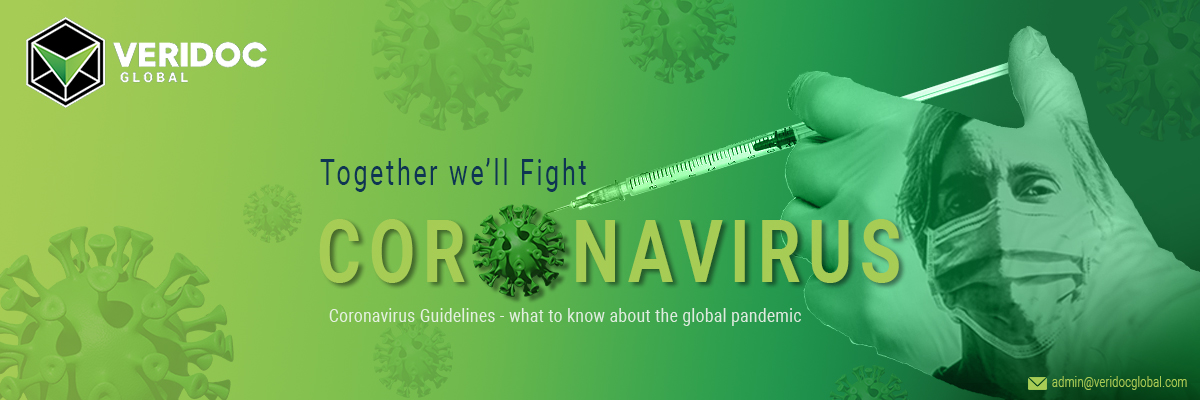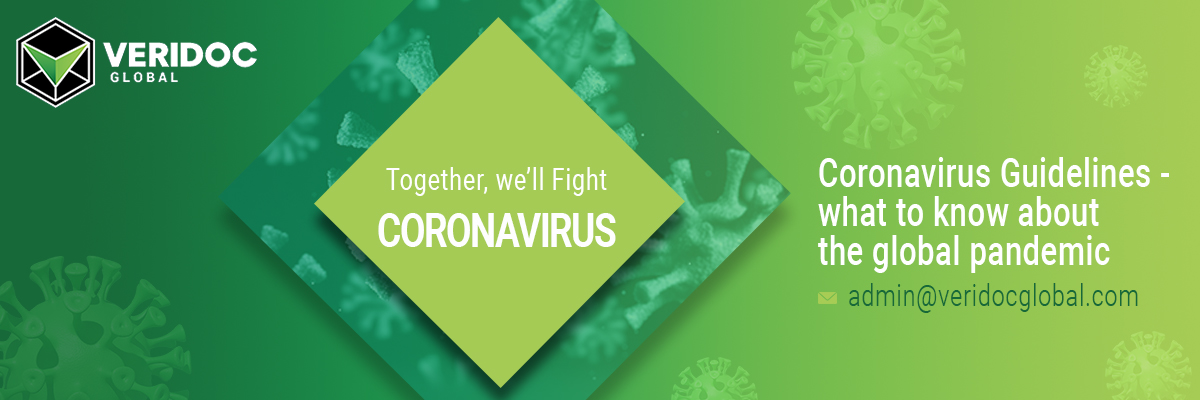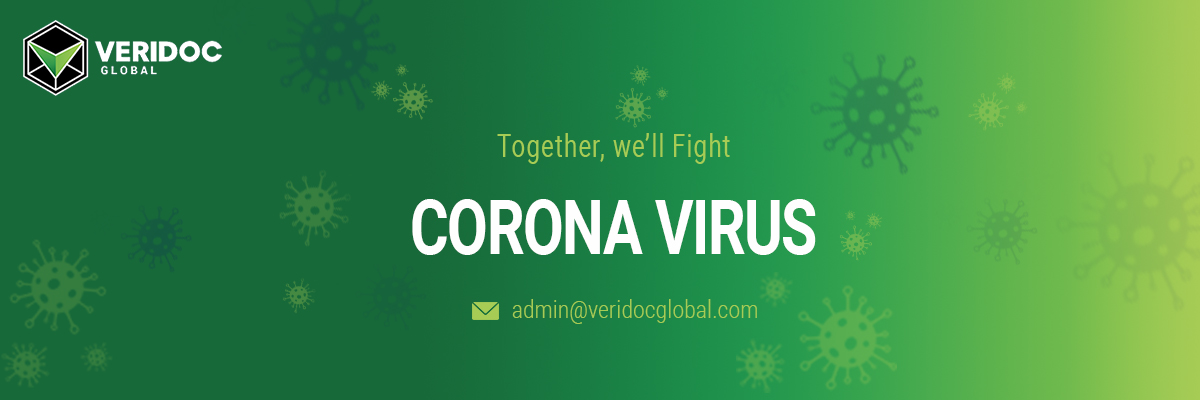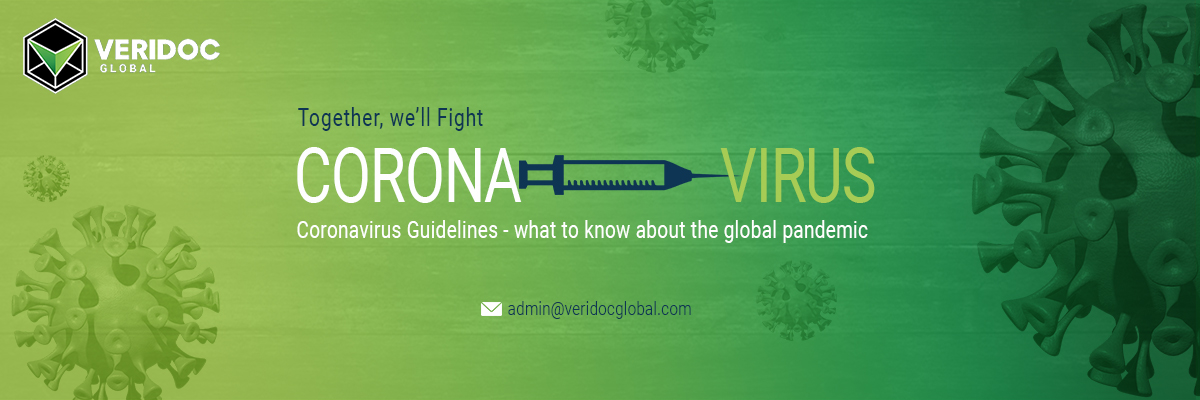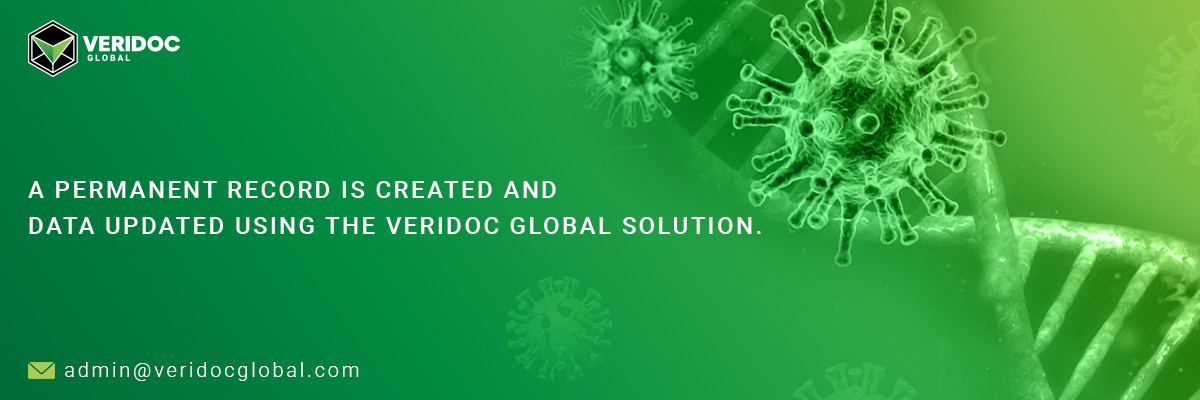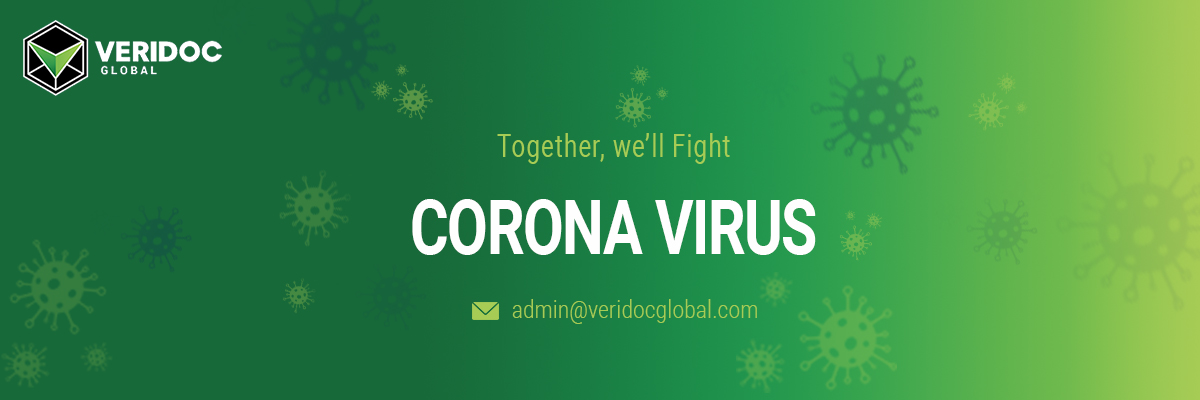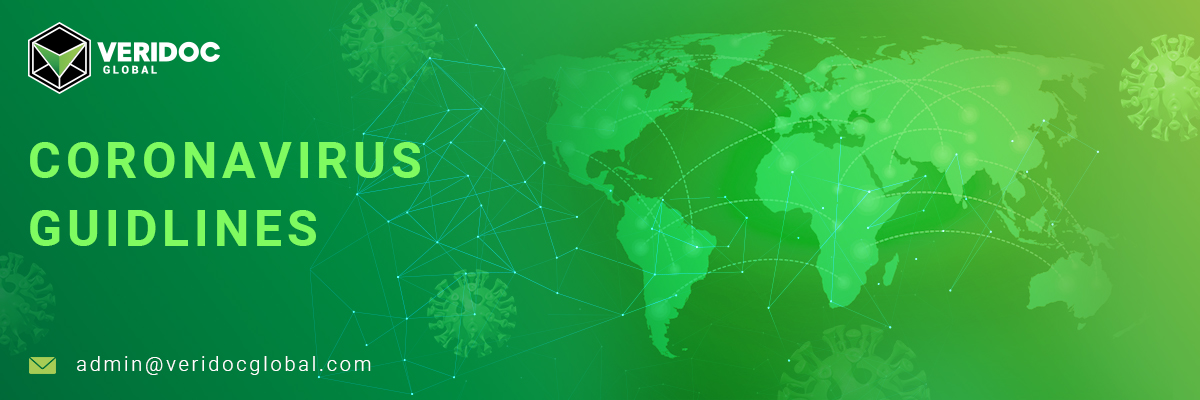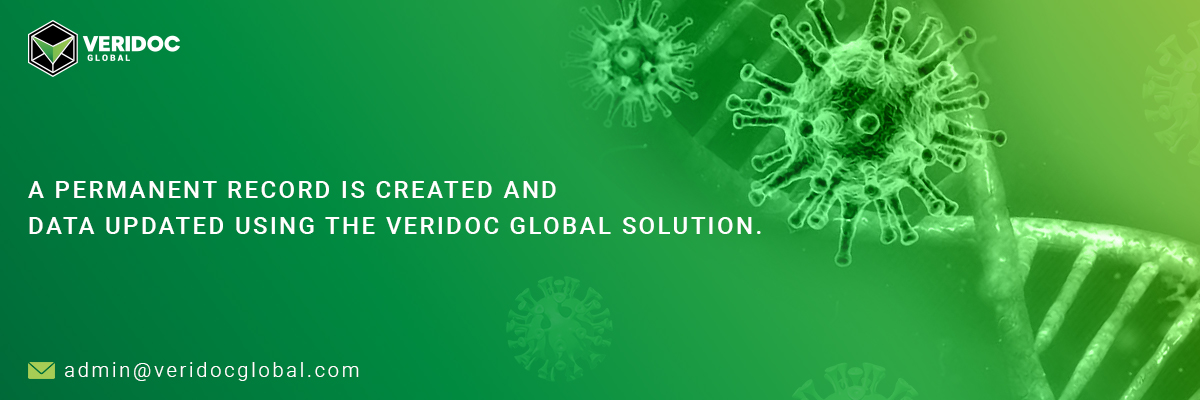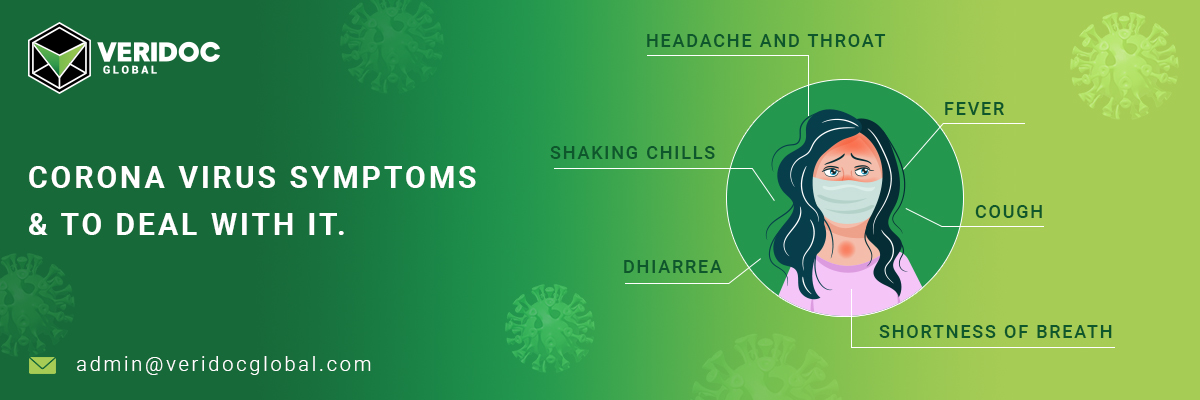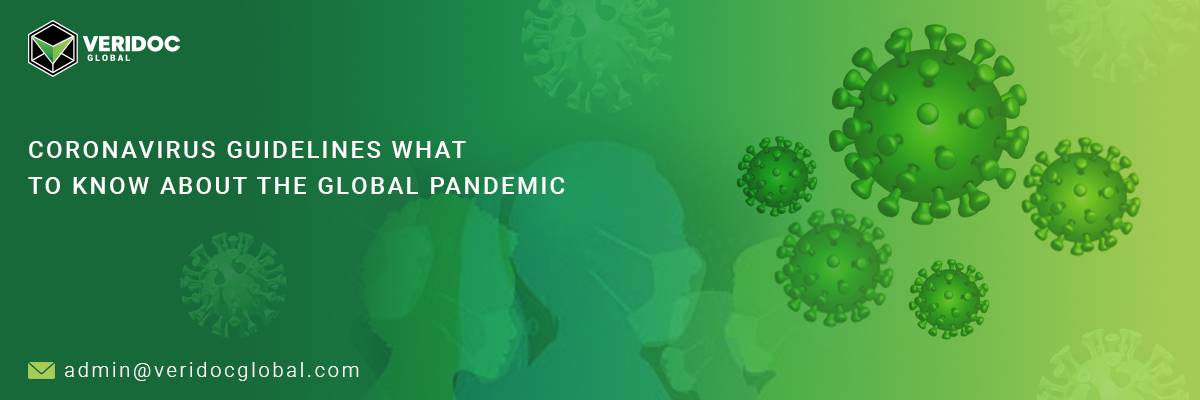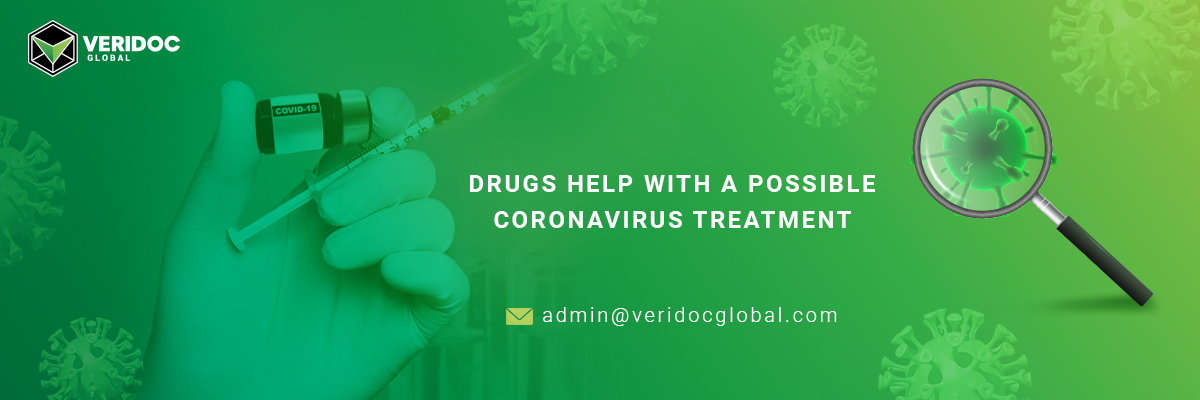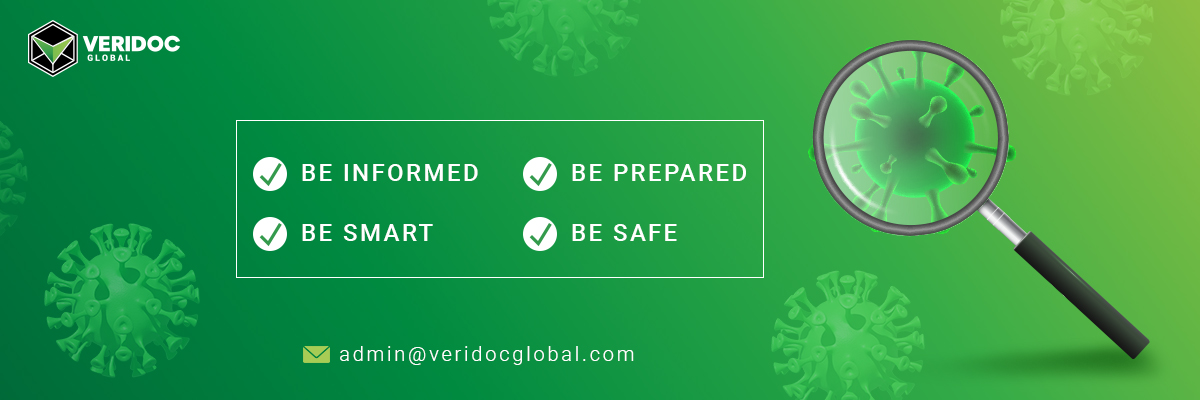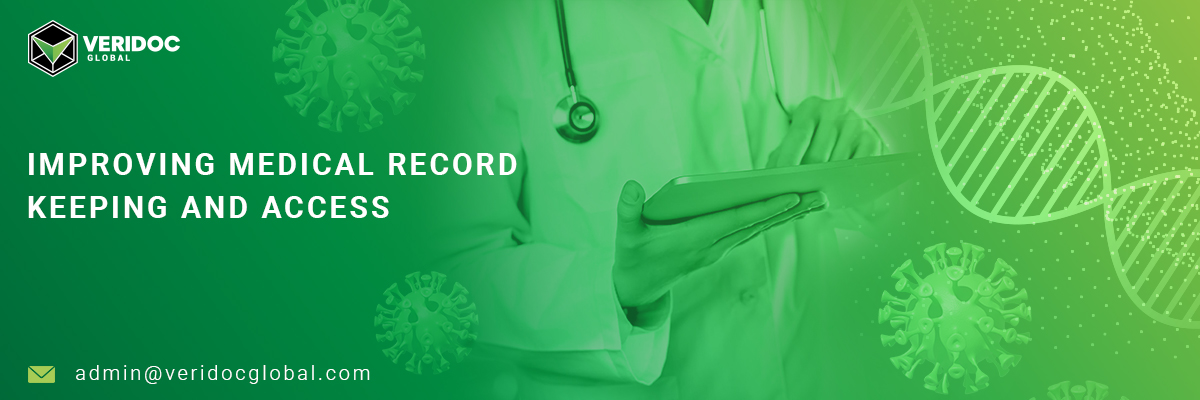As the number of reports of COVID-19 grow, so does the amount of treatment submissions for new therapies that exceed existing pharmacopeia for recurring applicants.
Clinical trials for coronavirus treatment range from 10 to almost 600 people, with the majority occurring in China. With the submissions coming from all around the planet.
Usually, although these are far from typical days – a research study is optimally planned to determine the effectiveness and efficacy of a potential medication in two sets of participants: one receiving the medicine and the other taking placebo. Or, in a crossover design, participants take treatment and placebo courses at different times but don't know when.
The standard, systematic approach to drug evaluation requires time. Actually quite a lot of it. And right now, people are hesitant to sign up for a clinical trial recognizing that they face a 50:50 risk of being allocated to a placebo slot.
The community can't wait for the outcome of the clinical study, and knowledge is flowing out in many forms, and not all of them are correct.
While medical and scientific publications have been excellent at extracting new knowledge right away, social networking is also at the same time, creating a conduit for what may become a tidal wave of disinformation. As an example, a hoax had been circulated alleging that a gargle of saltwater and vinegar would be all that was needed in a coronavirus treatment. This was entirely untrue, but that doesn't mean some people out there didn't believe it.
One promising candidate is Remdesivir, a drug that was originally developed for Ebola. While clinical trials have shown that it is not adequately successful in curing Ebola, clinical trials in the USA have shown that the medication could be useful in the care of patients hospitalized with COVID-19. The FDA has now authorized it for emergency use with more tests being done on it. Promising results from trials with monoclonal antibodies have also been identified, although this form of medication is difficult to manufacture and much less likely to be versatile for distribution.
The team suggests that we need to work fast to find potential medications that are working in clinical testing so that we can continue managing patients as soon as possible. Also to make sure that outbreaks are expected to decline during the summer, which ensures that fewer participants will be enrolled in clinical trials because of the predicted second wave of the disease in decline.
It's been reported that there are currently more than 300 clinical studies taking place worldwide. Still, all of these investigational medications are likely to be successful for general application, perhaps because it is not known which part of the receptor they address or cause undesirable side-effects.
Even after a specific vaccine product has been shown to give protection against coronavirus in humans, more patients will continue to be checked to ensure that it is safe to use in the future. We have no idea the side effects at this stage of any vaccine. The production and distribution of vaccines on the scale needed to address this pandemic will also be significant. This is where blockchain application and development can make an impact in the distribution and supply chains required to make it all happen.
Some of the vaccinations might not function, but the more medicines that can be checked, and the more we learn about the virus, the more likely we are to find one that is successful.
The very precision of vaccinations ensures that they are restricted in which viruses they can neutralize. The lessons we know and the medicines we produce will ideally have a higher standard of defence, not just coronavirus treatment but also against the next viral threat.
The world is changing, so how will it look once this is all over?
